Knowing you're worthless doesn't give you value any more than knowing you are a captive sets you free
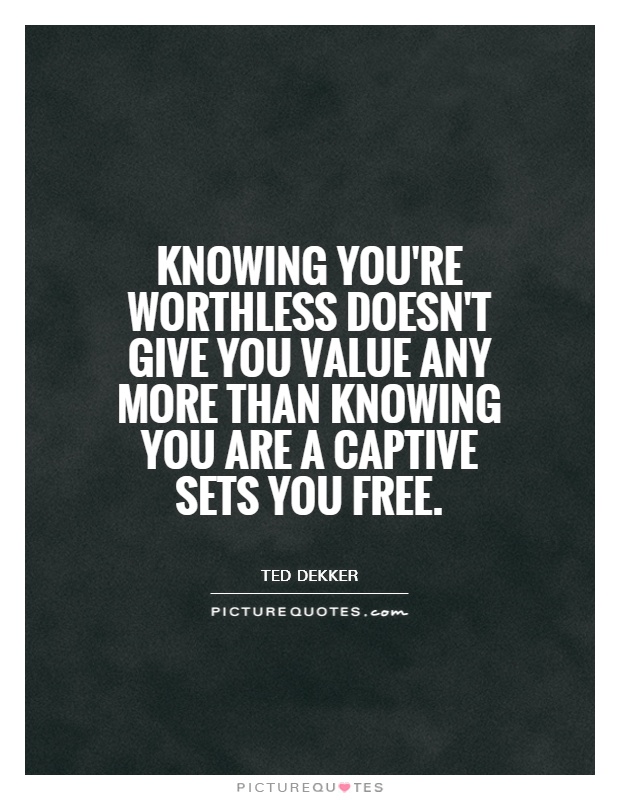
Knowing you're worthless doesn't give you value any more than knowing you are a captive sets you free
In the world of Ted Dekker's novels, the theme of identity and self-worth is a recurring motif that is often explored through the struggles and triumphs of his characters. The quote "Knowing you're worthless doesn't give you value any more than knowing you are a captive sets you free" encapsulates the central message that Dekker conveys in many of his stories.Dekker's characters often grapple with feelings of worthlessness, insecurity, and self-doubt. They may have experienced trauma, abuse, or rejection that has left them feeling broken and unworthy. However, as they navigate through the challenges and trials that come their way, they begin to realize that their value and worth do not come from external validation or approval. Instead, they discover that true worth comes from within, from a place of self-acceptance, self-love, and self-respect.
In Dekker's novels, characters who believe they are worthless often find themselves trapped in a cycle of self-destructive behavior, seeking validation and approval from others in a futile attempt to fill the void within themselves. However, they soon come to understand that true freedom and liberation come from embracing their true selves, flaws and all, and recognizing their inherent value as individuals.
Similarly, characters who believe they are captives of their circumstances or past traumas often struggle to break free from the chains that bind them. They may feel trapped by their own fears, insecurities, and self-limiting beliefs, unable to see a way out of their predicament. However, as they confront their inner demons and confront their past, they begin to realize that true freedom comes from within, from a place of self-awareness, self-empowerment, and self-acceptance.
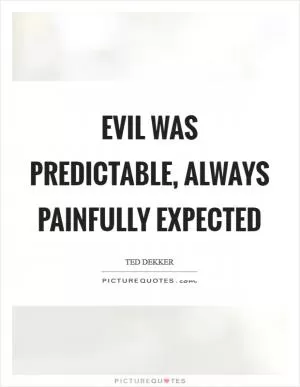
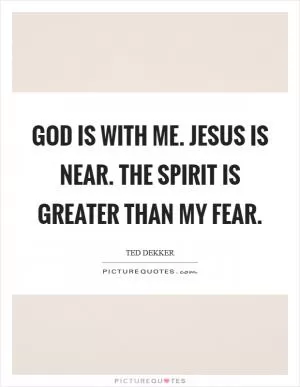
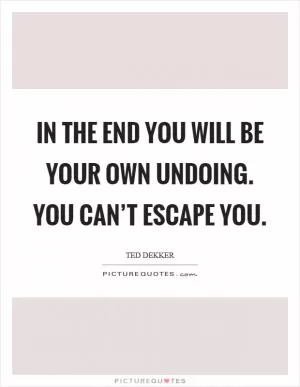
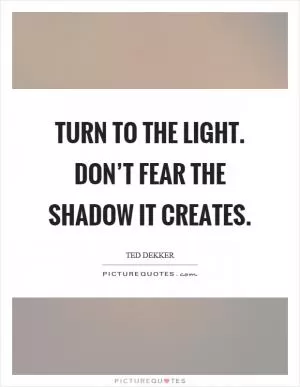
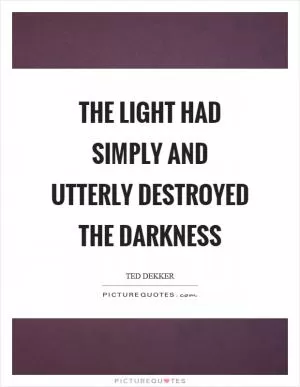
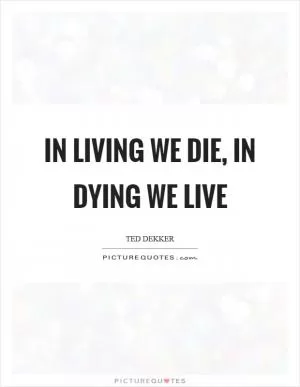
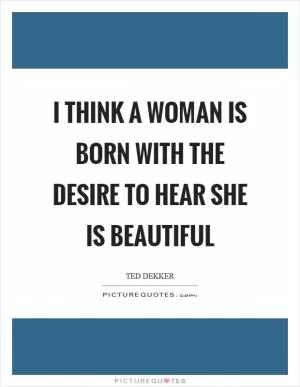
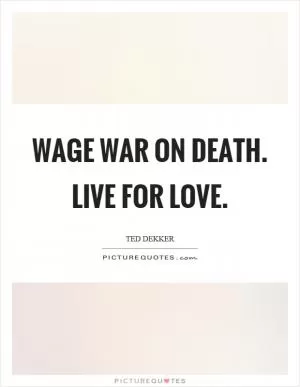
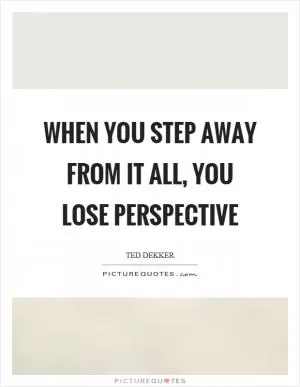
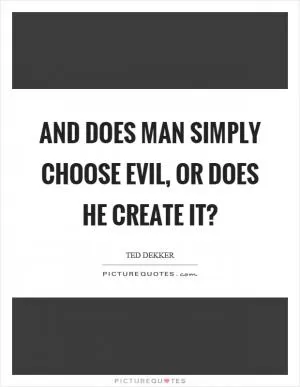
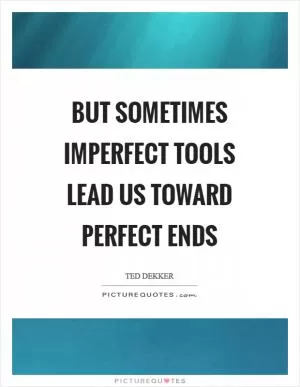
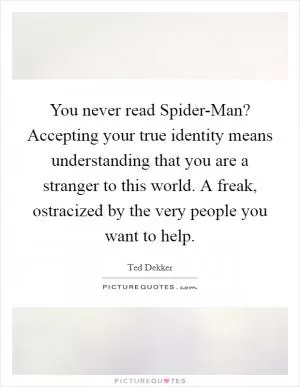
 Friendship Quotes
Friendship Quotes Love Quotes
Love Quotes Life Quotes
Life Quotes Funny Quotes
Funny Quotes Motivational Quotes
Motivational Quotes Inspirational Quotes
Inspirational Quotes